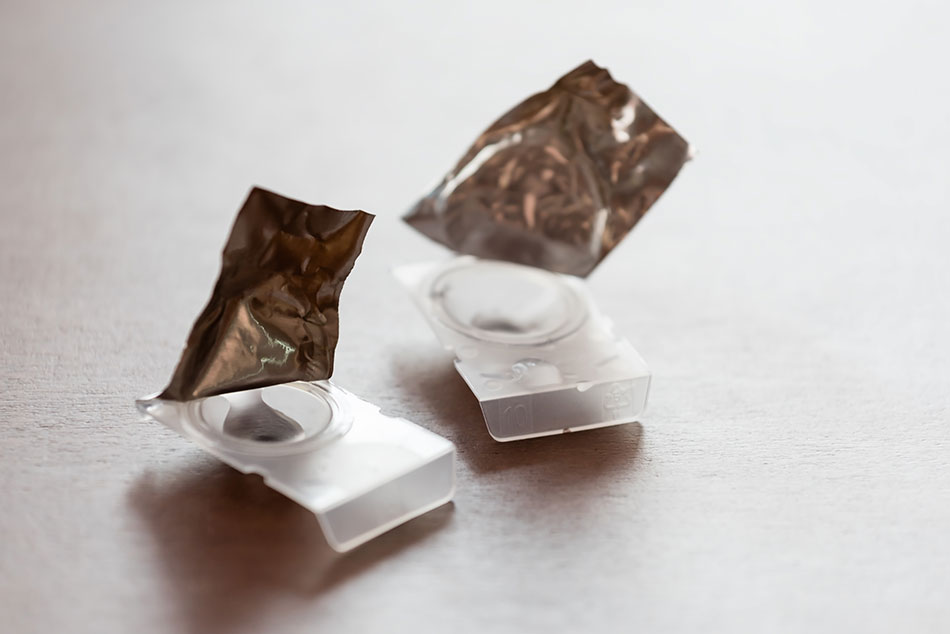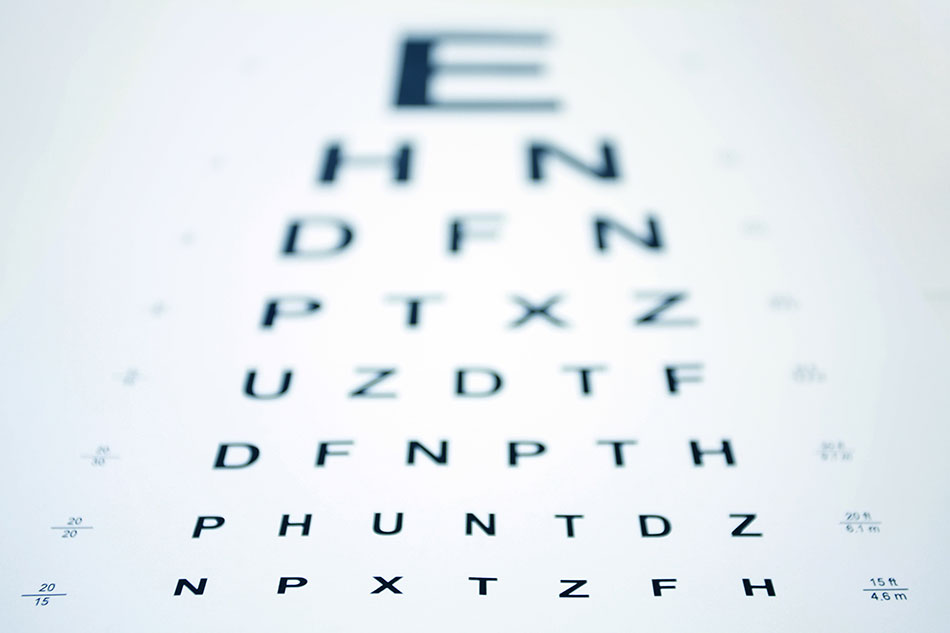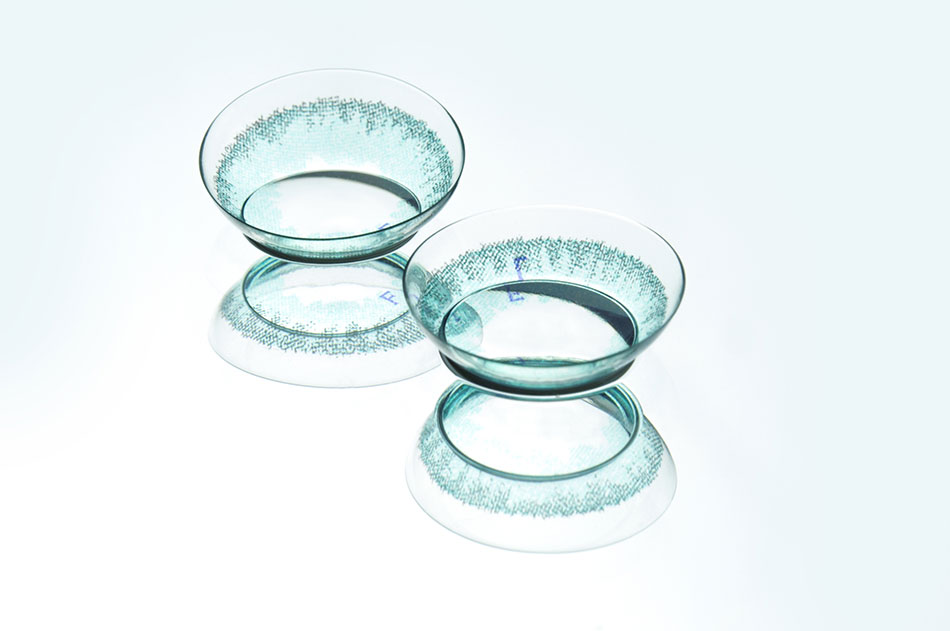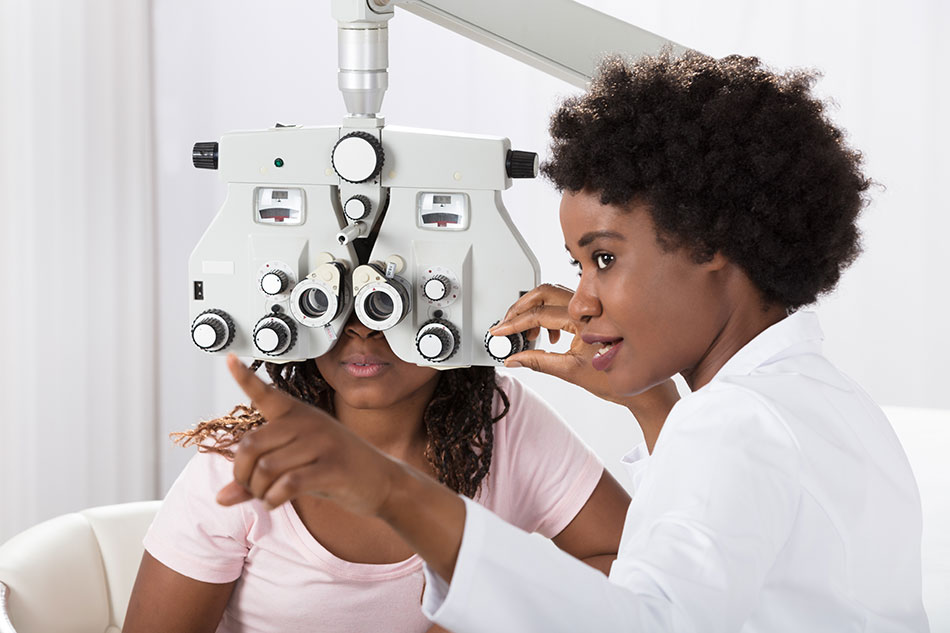The Complete Guide to Choosing the Best Contact Lenses

There are millions of people who wear contact lenses in the United States. If you've just joined the group, then welcome!
We know how confusing it is when you buy contacts for the first time. Disposable? Daily wear? Toric lenses? What does it all mean? And which one should you get? By the end of this article, you'll know. We're here to help you pick the best contact lenses for you.
Types of Contact Lenses
Contact lenses are divided into two categories: hard or soft. Hard contact lenses were introduced to the public before soft contact lenses. But today, only about 10% of contact wearers still wear hard lenses.
Instead, 2 out of 3 people opt for soft contact lenses. The reason is they carry less risk of infection, they are easier to care for, and are more comfortable to wear.
If you've never had contact lenses before, we recommend soft lenses unless you have a special condition that requires you to wear hard lenses.
Daily Disposable Contacts

Some people like daily disposable contacts because there’s less risk of contamination and a shorter care routine. Some also just like the feeling of wearing brand new lenses every day.
Other reasons you might prefer to have daily disposable lenses are if you have allergies. With new lenses each day, allergens don’t have a chance to build up on your contacts.
If you travel a lot and can't bring contact solution with you or you don’t have the space to carry it, daily disposable contacts would be ideal.
If you decide to wear daily disposables, make sure you throw them away after each use. Reusing daily disposable contact lenses can harm your eyes.
Daily Wear Contact Lenses
Not to be confused with daily disposables, daily wear contact lenses can be reused each day for up to a set time limit. Normally that’s a week or a month, depending on the contact lens.
Daily wear contacts tend to be more affordable than daily disposable contacts. If you choose daily wear lenses, make sure you remove and clean them thoroughly with contact solution nightly before storage.
Extended Wear Contact Lenses
In case you didn't know, there are contact lenses you can wear overnight. Although you can keep them in for the entire duration of their time frame, you can clean them whenever you feel necessary.
If you do decide to try extended wear contact lenses, eye doctors recommend that you get your eyes checked every 6 months. That way they can closely monitor your eye health.
Accommodating Vision Problems

Depending on the type of vision problems you have, you may also need contact lenses that accommodate certain conditions.
Nearsightedness
If your only vision issue is nearsightedness (trouble seeing objects far away), then you can wear most types of contact lenses.
Farsightedness
If, however, you are farsighted (trouble seeing things that are too close to you), you’ll have to wear spherical contact lenses.
Presbyopia
Many people experience presbyopia due to ageing. In this case, you'll need bifocal or multifocal lenses. These are lenses that are designed for you to see both objects near and far.
You can also try monovision contacts. One eye wears a near vision lens while the other wears a distance lens. Your eyes will work with your brain to gradually get used to the different prescriptions.
Astigmatism
If you have astigmatism, or blurriness due to the irregular shape of your cornea, you'll need either gas permeable (GP), hybrid or toric lenses. Toric contacts are the priciest option of the three, but may be necessary with heavier prescriptions.
Other Factors to Consider
Here are a few more things you need to consider when choosing the best contacts:
Changing Your Eye Color

For some people, contact lenses are a fashion statement. If you enjoy changing the way you look, then you'll find colored contacts fun to wear. Nowadays, colored contacts can be as dramatic or natural as you like. They are also available with vision corrective power, or for purely cosmetic use.
Uneven Vision
Many people have uneven vision in both eyes. If this is the case, make sure you're buying the right contacts for each eye. For some people, this could mean a higher power, astigmatism, or need for contacts in only one eye.
Dry Eyes
Do you want to wear contacts for long periods of time, but suffer from dry eye? You might want to speak to your eye doctor first to make sure it's okay for you to wear contact lenses.
If you only suffer from dry eyes occasionally, consider contact lenses that are extra moist for better comfort.
Retailer
Certified contact lens retailers require a prescription from your eye doctor. But nowadays, it's also very easy to buy contacts on the internet without a prescription.
If you would like to purchase contact lenses for vision correction, make sure you get a prescription from an eye doctor first. And even if you're buying contacts for cosmetic reasons, make sure you're buying it from a licensed retailer. Otherwise, you can end up with unapproved lenses that can damage your eyes.
Professional retailers will also help you pick the best contacts and teach you how to put them in properly.
Eye Exams

Our vision inevitably changes as time goes on. If you are buying contacts for the first time, make sure you visit an eye doctor. They will be able to check your eyes for any problems and give you an updated prescription for contact lenses.
Also note, contact lens prescriptions are not the same as the ones for glasses, so you cannot buy contacts with your glasses prescription.
Take Care of Your Eyes
It’s important to choose the best contact lenses for your lifestyle. But we cannot emphasize the importance of taking care of your lenses. This means taking them out when it's time, cleaning them, and storing them properly. Never store contact lenses in water. There can be bacteria in the water that can harm your eyes.
As always, remember to get your eyes checked every year to make sure they are in good health. Preventative care is crucial to detecting and treating issues early.
